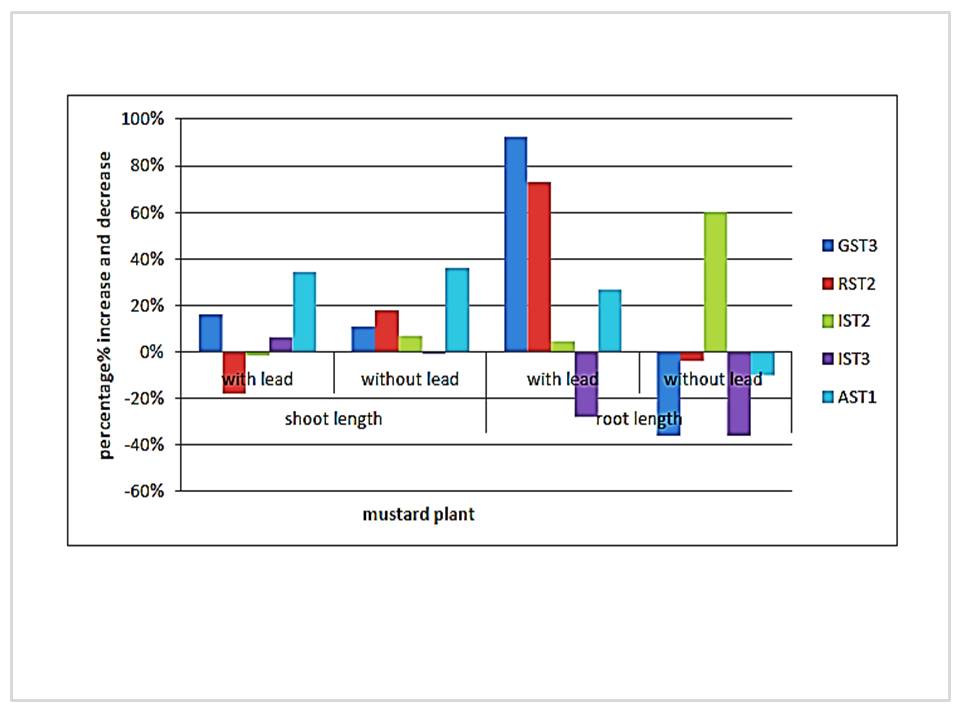Title
Phytoremediation of Lead Contaminated Soil in Association with the Indigenous Microbes
Authors
Iqra Tabassum,a Sumaira Mazhar,*a Beenish Sarfraza and Naeem Abbasb
aDepartment of biology, Lahore Garrison University, Lahore, Pakistan.
bCentre of Environmental Protection Studies, Pakistan Council of Scientific and Industrial Research (PCSIR) Laboratories Complex, Lahore, Pakistan.
*Corresponding author E-mail address: smz.mmg@gmail.com (Sumaira Mazhar)
Article History
Publication details: Received: 27th April 2022; Revised: 25th May 2022; Accepted: 25th May 2022; Published: 07th June 2022
Cite this article
Tabassum I.; Mazhar S.; Sarfraz B.; Abbas N. Phytoremediation of Lead Contaminated Soil in Association with the Indigenous Microbes. Green Rep., 2022, 3(8), 40-47.

Abstract
Heavy metals are being excessively released in land and water bodies which are causing permanent damage to living organism. Phytoremediation provides an excellent alternative to curb this issue. This study was focused to examine the effect of lead resistant microbes on the growth of mustard plant in the presence of lead and lead free conditions. Lead resistant microbes were isolated, characterized from seeds of mustard plant to investigate growth and concentration of lead within mustard plant. Microbes were isolated and then grown on lead contaminated media with different concentrations i.e. 300 μg/ml, 400 μg/ml, 500 μg/ml and 600 μg/ml. Highly lead resistant bacterial isolates were selected and then inoculated with mustard seeds in lead contamination i.e. 300 mg/Kg and without lead contamination under normal environmental conditions in small pots. Results showed that mustard plant when grown with lead-tolerant bacteria in the presence of lead contamination improved the growth and yield of plant. Inoculation of seeds with lead tolerant bacteria also decreased the concentration of lead in mustard plant as compared to control without lead tolerant bacteria. All the lead resistant isolates showed decrease in concentration of lead within mustard plant but RST2 isolate showed more reduction of lead in mustard plant.
Keywords
contamination; tolerant; phytoremediation; absorbance; concentration